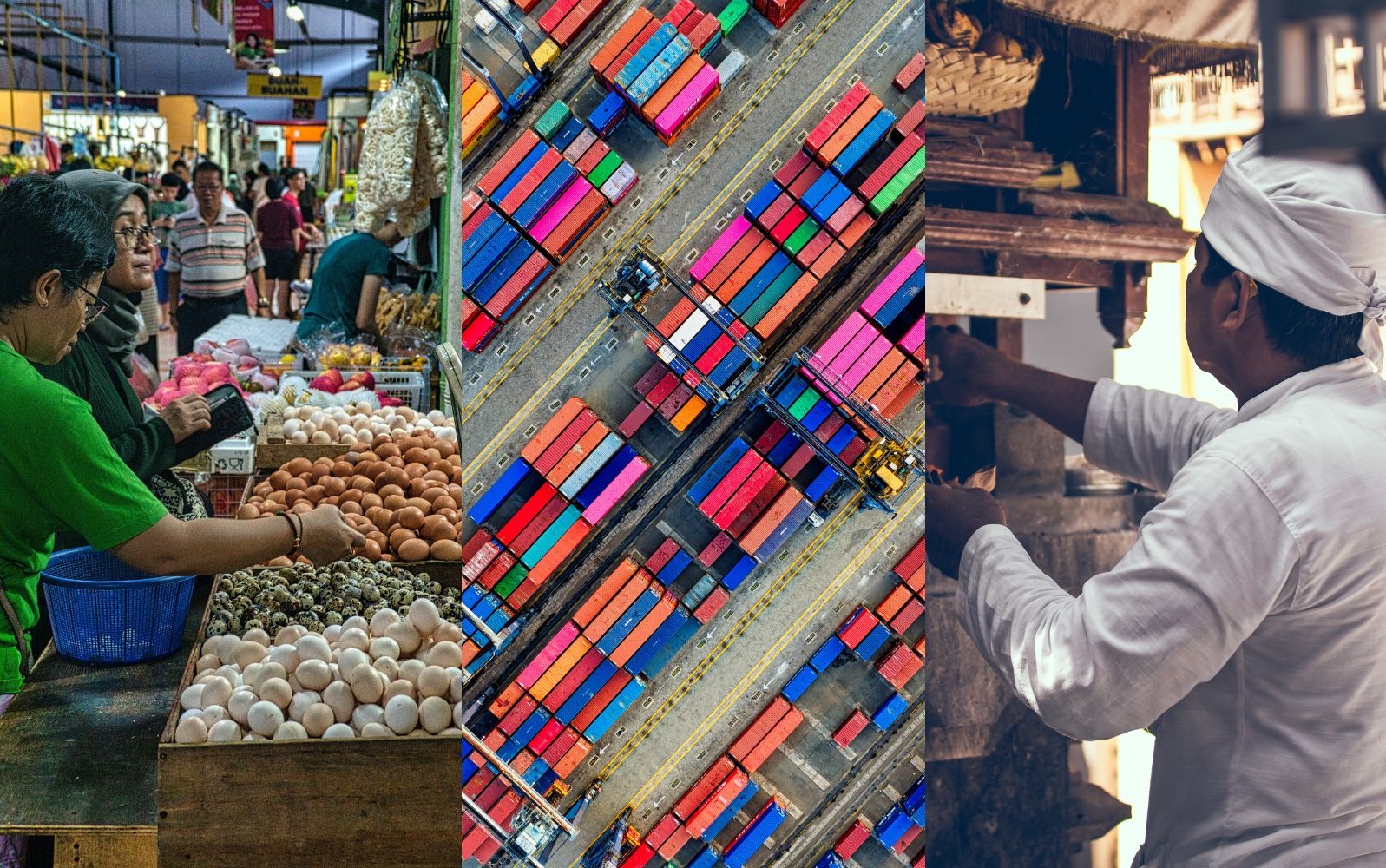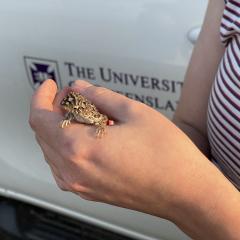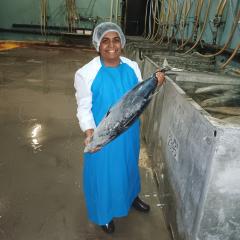
As COVID-19 wreaks havoc on businesses’ bottom lines worldwide, a collaborative project between The University of Queensland and Universitas Indonesia is aiming to help Indonesian businesses navigate the fine line between safety compliance and economic feasibility.
UQ’s Associate Professor Margaret Cook and Dr Kelly Johnstone worked alongside the Occupational Health and Safety Science Unit at UI to develop the research project, which evaluated the implementation of Indonesia’s New Normal Health Protocols within key industries.
Dr Cook said the project focused on industries that have a significant impact on Indonesia’s economy, namely agriculture, logistics and goods transportation, construction, and manufacturing.
“One of the key barriers we found was a lack of perceived coordination between government agencies, which lead to a lack of clarity around required protocols, which can really set businesses back.
“Other common threads we identified across and within industries included poor worker awareness and compliance, and limited organisational resources to properly implement desired and required protocols.
“While several factors contributed to these limitations, such as organisational structure and size, financial resources, and geographical location, we identified that well established, large organisations were better equipped to rapidly and effectively implement COVID policies and procedures.
“That’s why we’re recommending policymakers consider additional schemes to provide funding and other resources to assist small-medium sized enterprises to comply with the health protocols.”
Dr Cook said they were surprised to discover how much of a part technology played in businesses’ efforts to comply with health measures and streamline their efforts.
“It was really surprising to see the advancement in technological innovation in business operations, which were created from necessity to maintain operations while complying with COVID-19 restrictions,” Dr Cook said.
“Some businesses found that their productivity actually improved during the pandemic due to the use of technologies, namely socialisation apps like WhatsApp and virtual meeting software.
“Of course, some businesses struggled to adapt to the changes, which is to be expected as you vary across industries where occupational health and safety protocols differ.”
Dr Johnstone said another interesting finding was that the difficulties faced by businesses in developing nations such as Indonesia did not differ too much from those being faced by businesses in developed nations.
“This includes a perceived lack of clear direction from Government Agencies, rapid changes in directives, and an inability to control how their workers interacted with the public once outside the workplace,” Dr Cook said.
“That being said, the challenges being faced here in Australia that might be exacerbated in developing countries might include poor worker awareness and compliance with COVID-19 directives.
“This extends to combating misinformation, as well as limited organisational resources to implement necessary actions required to comply with OHS directives.”
The project is being worked on as part of an application for the Australia-Indonesia Centre’s ‘Partnership in Australia-Indonesia Research Small and Rapid Research’ grant.
Dr Johnstone said the chance to work alongside researchers at UI has been invaluable, and the plan is to continue in the same vein as they aim to provide ongoing advice to vital Indonesian businesses.
“The OHS Science Unit within the School of Earth and Environmental Sciences continues to enjoy a worthwhile working relationship with academics in OHS at UI,” Dr Johnstone said.
“We continue to work with our colleagues there to develop proposals for further research into the management of COVID-19 in Indonesia, particularly for the tourism industry which plays such a vital part in their economy.”
Read the final report, published on the PAIR website.



